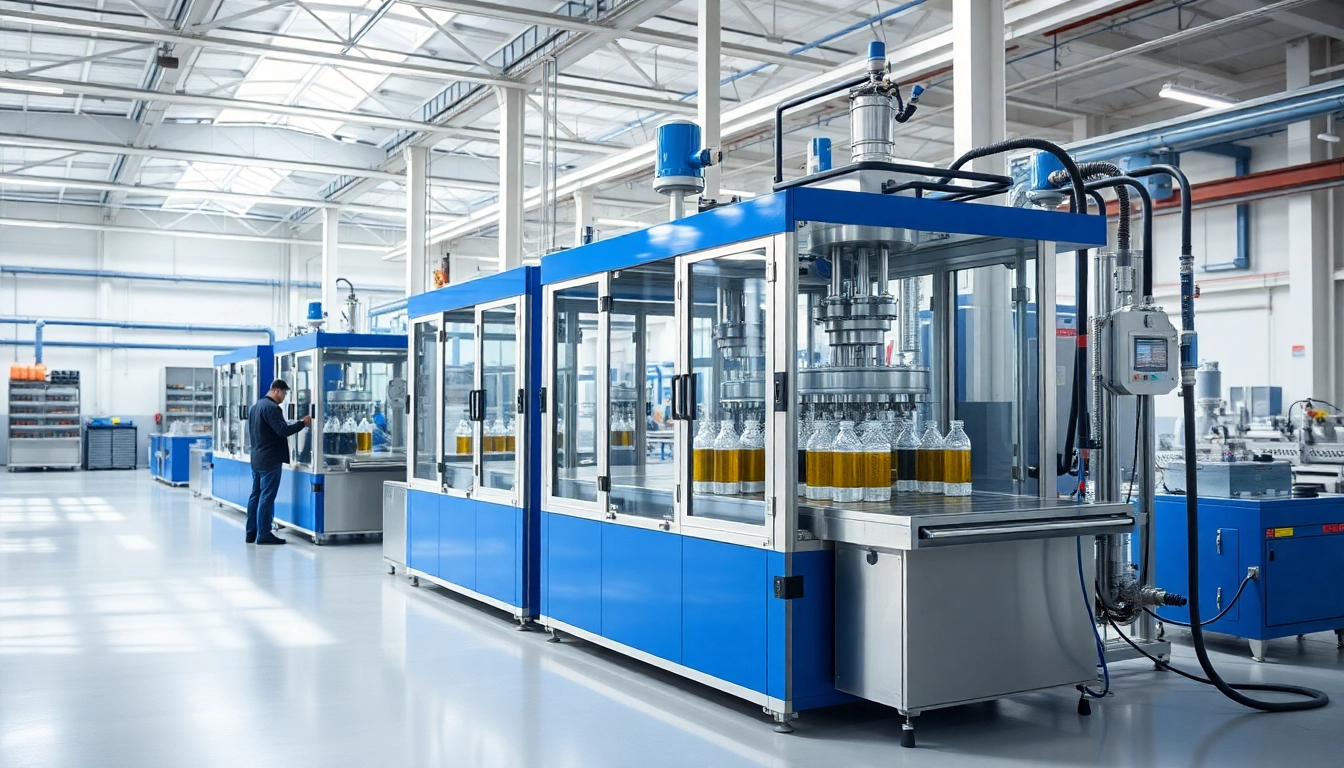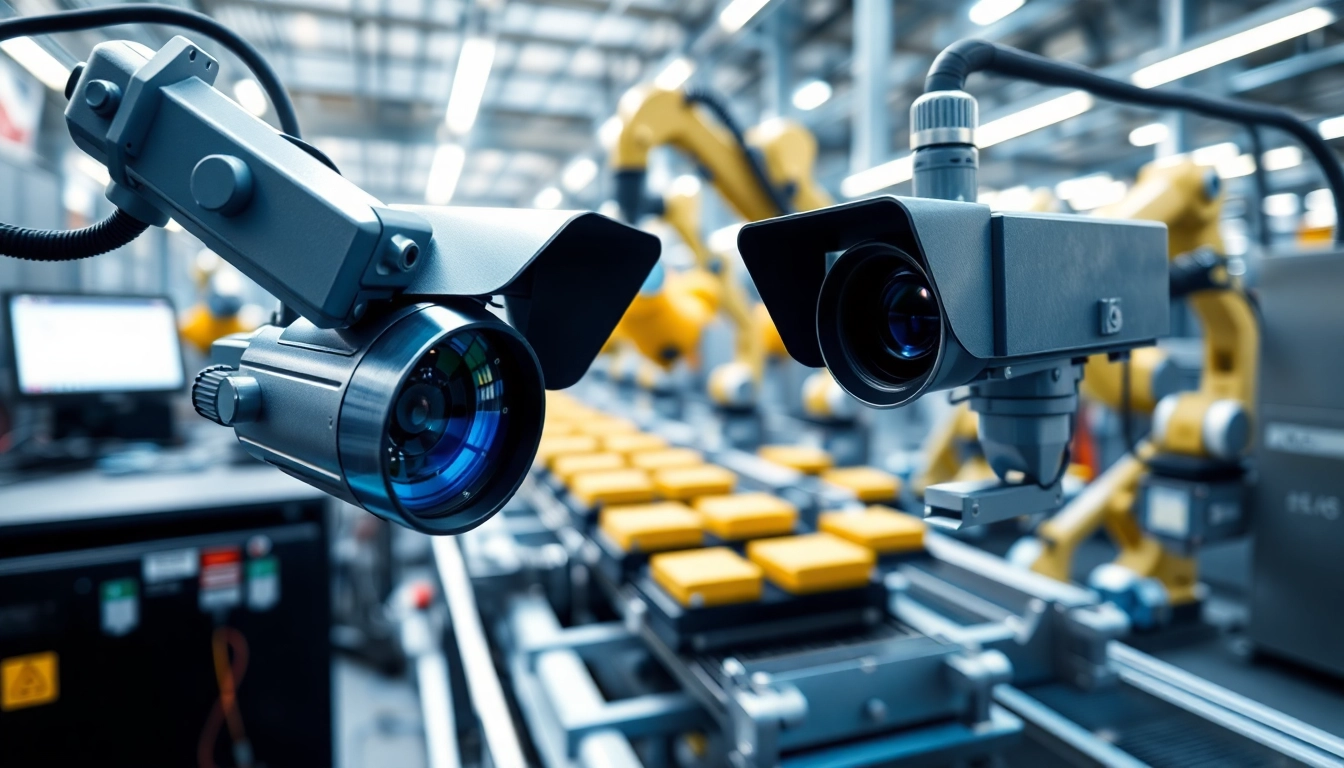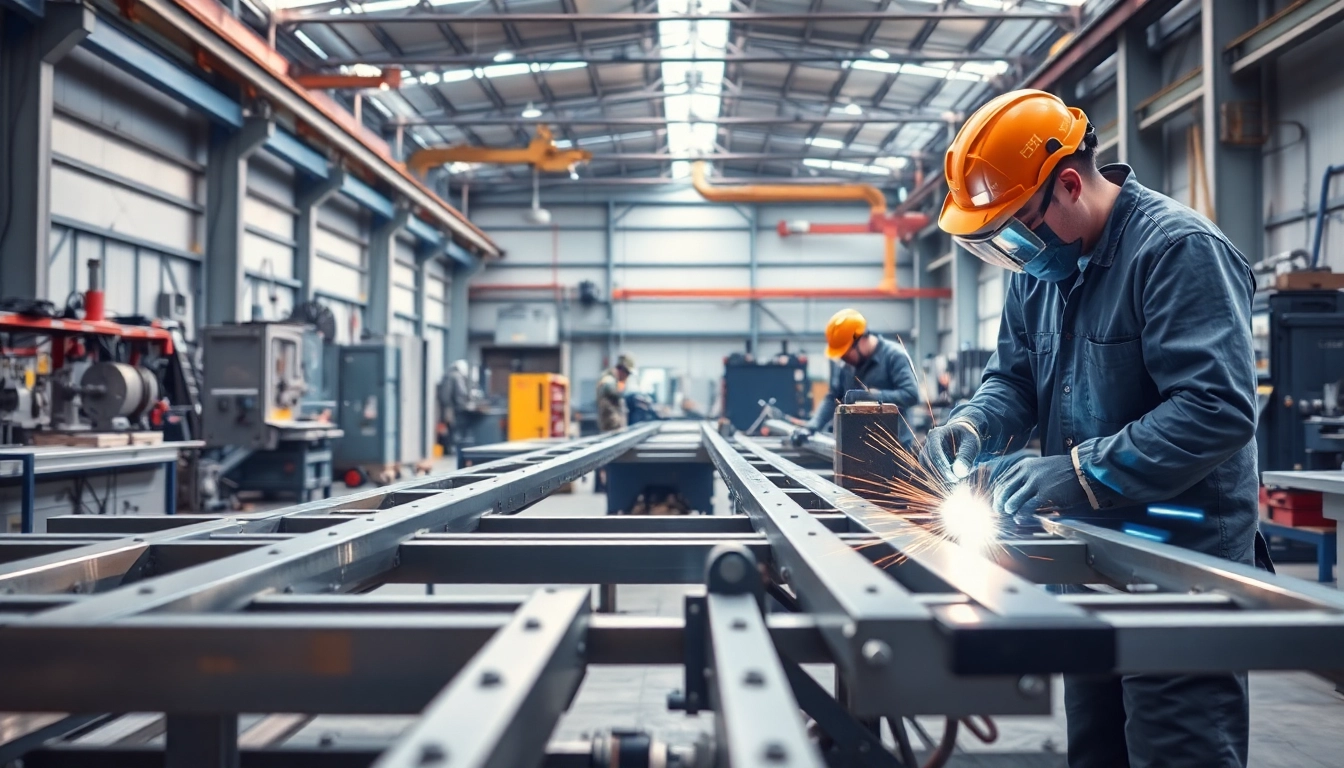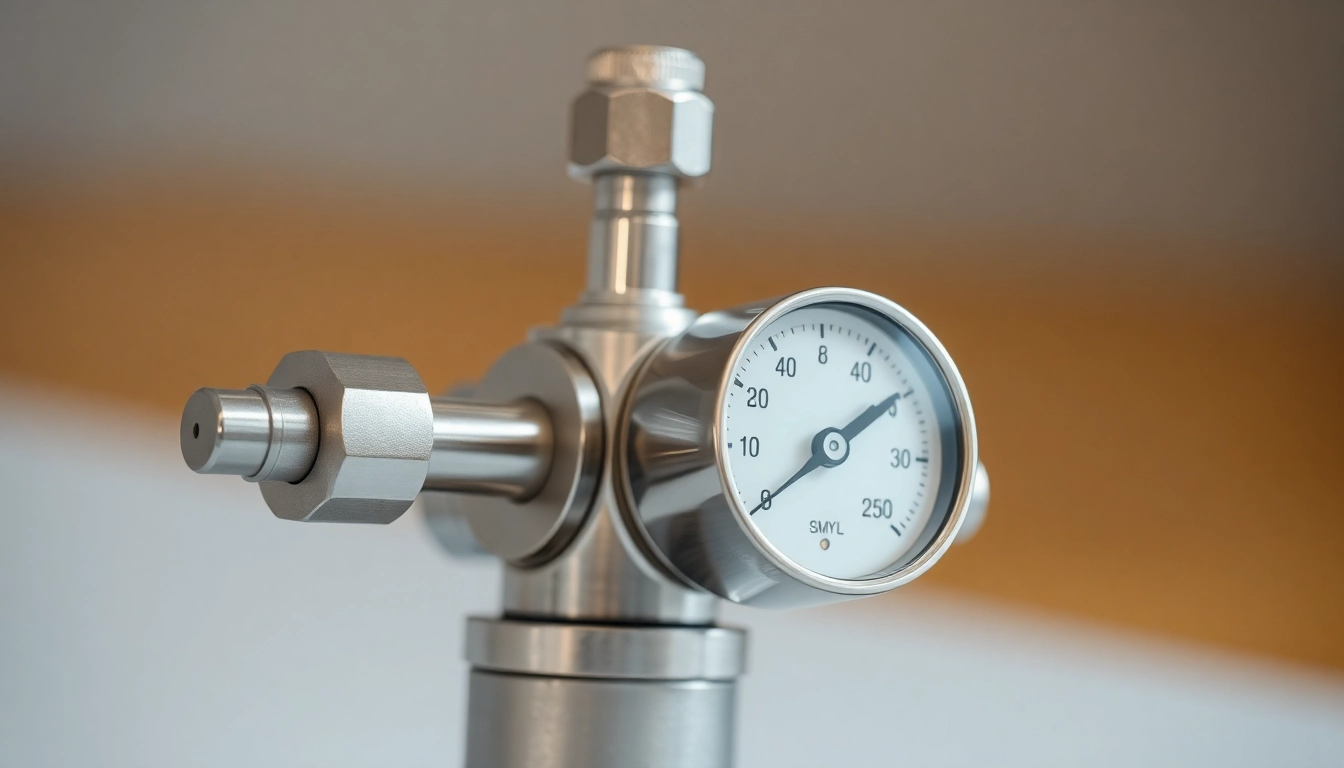Understanding Filling Machines
What Are Filling Machines?
Filling machines are specialized equipment used to fill containers, such as bottles, jars, or pouches, with a specific quantity of product. These machines play a crucial role in various industries, including food, beverage, pharmaceuticals, and cosmetics. By automating the filling process, manufacturers can enhance efficiency, ensure consistent product quality, and reduce labor costs.
The primary function of a filling machine is to dispense a precise volume or weight of liquid or paste into a container. Depending on the type of product being filled, filling machines can vary in design and operation. They can work with a wide range of substances, from water and oils to viscous sauces and creams.
As a starting point for businesses seeking to streamline their packaging processes, exploring Filling Machine Manufacturers offers valuable insights into available technologies and equipment.
Types of Filling Machines
Filling machines can be classified into several categories, each designed to handle specific types of products and packaging requirements. Understanding the various types is essential for selecting the right machine for your production line.
- Volumetric Filling Machines: These machines measure the volume of the liquid before filling it into containers. They ensure accuracy and are commonly used for filling liquids like juices and sauces.
- Weight Filling Machines: These machines fill containers based on weight. They are especially useful for products where the density may affect the volume, such as powders or granules.
- Piston Filling Machines: Ideal for viscous substances, these machines utilize a piston mechanism to draw liquid from a tank and dispense it into containers. They are suitable for products like creams and gels.
- Gravity Filling Machines: These machines operate on the principle of gravity, allowing liquid to flow from a tank through a nozzle into the container. They are suitable for free-flowing liquids but not for thicker fluids.
- Pressure Filling Machines: These are used for filling carbonated beverages where pressure is required to prevent foaming. They ensure a smooth filling process and maintain product integrity.
Applications in Various Industries
Filling machines serve numerous industries, each with its unique requirements. Let’s explore how they are applied in different sectors:
- Food and Beverage: Filling machines in this sector must comply with strict sanitation and safety standards. They are used to fill liquids like soda, plant-based milk, and sauces, ensuring accurate dosing and minimal waste.
- Pharmaceuticals: Filling machines used in pharmaceuticals are designed to handle sensitive substances, ensuring that sterility is maintained throughout the process. They are often used for injectables, powders, and liquid medicines.
- Cosmetics: In the cosmetics industry, filling machines handle creams, lotions, and oils. The machines are necessary for ensuring that products are filled in a clean environment, further enhancing their appeal to consumers.
- Chemicals: Filling machines for chemicals need to withstand harsh conditions and can fill both liquid and granulated substances. They often feature special materials to handle corrosive or hazardous products.
Choosing the Right Manufacturer
Key Factors to Consider
When selecting a filling machine manufacturer, several critical factors must be evaluated to ensure the best fit for your business needs:
- Machine Specifications: Assess the technical specifications of the filling machines offered, including their capacity, speed, and the types of materials they can handle.
- Customization Options: Some manufacturers offer customization to meet specific requirements, which is beneficial for unique product lines or packaging styles.
- Expertise and Experience: A manufacturer with years of industry experience can offer valuable insights and support, helping you navigate your specific challenges.
- After-Sales Support: Good manufacturers provide training, maintenance services, and readily available parts to ensure minimal downtime.
Evaluating Manufacturer Reputation
Researching the reputation of potential manufacturers is essential. Look for manufacturers with proven track records, as this often indicates reliability and quality:
- Client Testimonials: Seek feedback from previous customers to understand their experiences.
- Case Studies: Manufacturers often showcase successful implementations to highlight their capabilities and solutions.
- Industry Certifications: Check if the manufacturer has relevant industry certifications such as ISO, ensuring they adhere to high quality and safety standards.
Cost vs. Quality: Finding the Balance
When considering filling machines, the cost of the equipment should be balanced against the expected quality and value. Investing in high-quality machines can lead to lower operational costs in the long run as they tend to be more reliable and efficient:
- Long-Term Investment: Account for the total cost of ownership, including potential maintenance, service, and downtime costs.
- Return on Investment (ROI): Estimate how quickly the machine can pay for itself through increased efficiency and reduced waste.
Innovations in Filling Machine Technology
Automation and Smart Technology
The integration of automation and smart technology in filling machines is transforming the packaging industry. Modern machines often involve advanced control systems, sensors, and robotics, leading to improved efficiency:
- Automatic Filling Processes: Automation allows for high-speed filling operations, reducing the need for manual intervention and minimizing human error.
- Data Analytics: Smart machines are equipped with data analytics capabilities to monitor performance metrics in real time, optimizing production schedules and output.
Improved Efficiency and Reduced Waste
Technological advancements have led to machines that not only fill containers faster but also with increased precision, reducing wastage:
- Efficient Dispensing: Technologies such as servo-driven filling allow for precise liquid measurement, minimizing spillage and overfilling.
- Quick Changeover: Newer machines are designed for rapid changeover between products, facilitating flexibility in production lines.
Trends Shaping the Future of Filling Machines
Several key trends are emerging within the filling machine manufacturing sector:
- Sustainability: Increased focus on sustainable practices is influencing design and production processes.
- Integration with Packaging Lines: More manufacturers are designing modular machinery that can be easily integrated with other packaging processes, leading to cost-effective solutions.
Best Practices for Maintenance
Regular Maintenance Checklist
To extend the lifespan of filling machines and maintain optimal performance, a regular maintenance checklist should be implemented. This checklist may include:
- Daily Inspections: Check fluid levels, inspect seals, and ensure no leaks.
- Weekly Checks: Review mechanical components for wear and tear and ensure that sensors are functioning correctly.
- Monthly Maintenance: Clean the filling nozzles and other components to prevent contamination.
Common Issues and Troubleshooting
Even the best machines can encounter issues. Here are some common problems and their troubleshooting steps:
- Overfilling: This may occur due to calibration issues. Verify that the filling machine is calibrated correctly to prevent over dispense.
- Poor Sealing: Ensure that parts are clean and functioning as intended. If the issue persists, consult technical support.
Extending the Life of Your Filling Machines
To maximize the longevity of filling machines:
- Use Proper Lubricants: Regularly lubricate moving parts with appropriate lubricants.
- Train Operators: Provide thorough training to operators to handle machines properly and efficiently.
Case Studies: Successful Implementations
Industry Leaders Using Filling Machines
Several industry leaders have adopted advanced filling machines to improve their production processes. For instance:
- *Coca-Cola:* Coca-Cola has implemented high-speed filling systems that allow for rapid production cycles while ensuring product integrity.
- *Pfizer:* Pfizer uses specialized filling machinery designed for pharmaceuticals, ensuring that every vial is filled under strict quality controls.
Impact on Production Processes
The introduction of automated filling machines has significantly impacted production efficiency and output quality:
- Increased Output: Many companies have reported up to a 30% increase in output since adopting automated filling processes.
- Reduced Labor Costs: Automation has allowed manufacturers to decrease reliance on manual labor, resulting in reduced costs and improved safety.
Customer Testimonials and Experiences
Customer feedback reflects the positive impact of modern filling machines:
- Increased Efficiency: A food manufacturer reported halving their filling time due to the accuracy and speed of new equipment.
- Improved Quality Control: Many clients note that automated systems lead to less product waste and greater consistency in final products.




